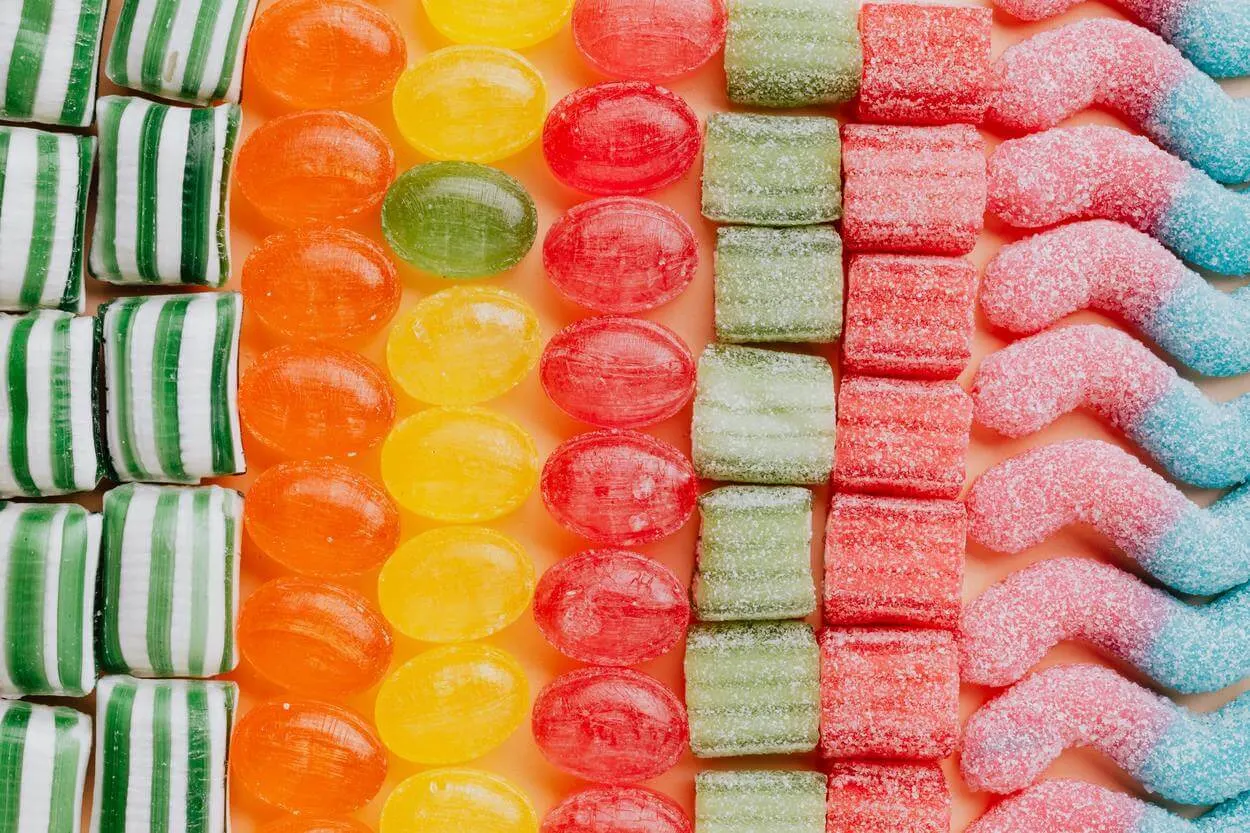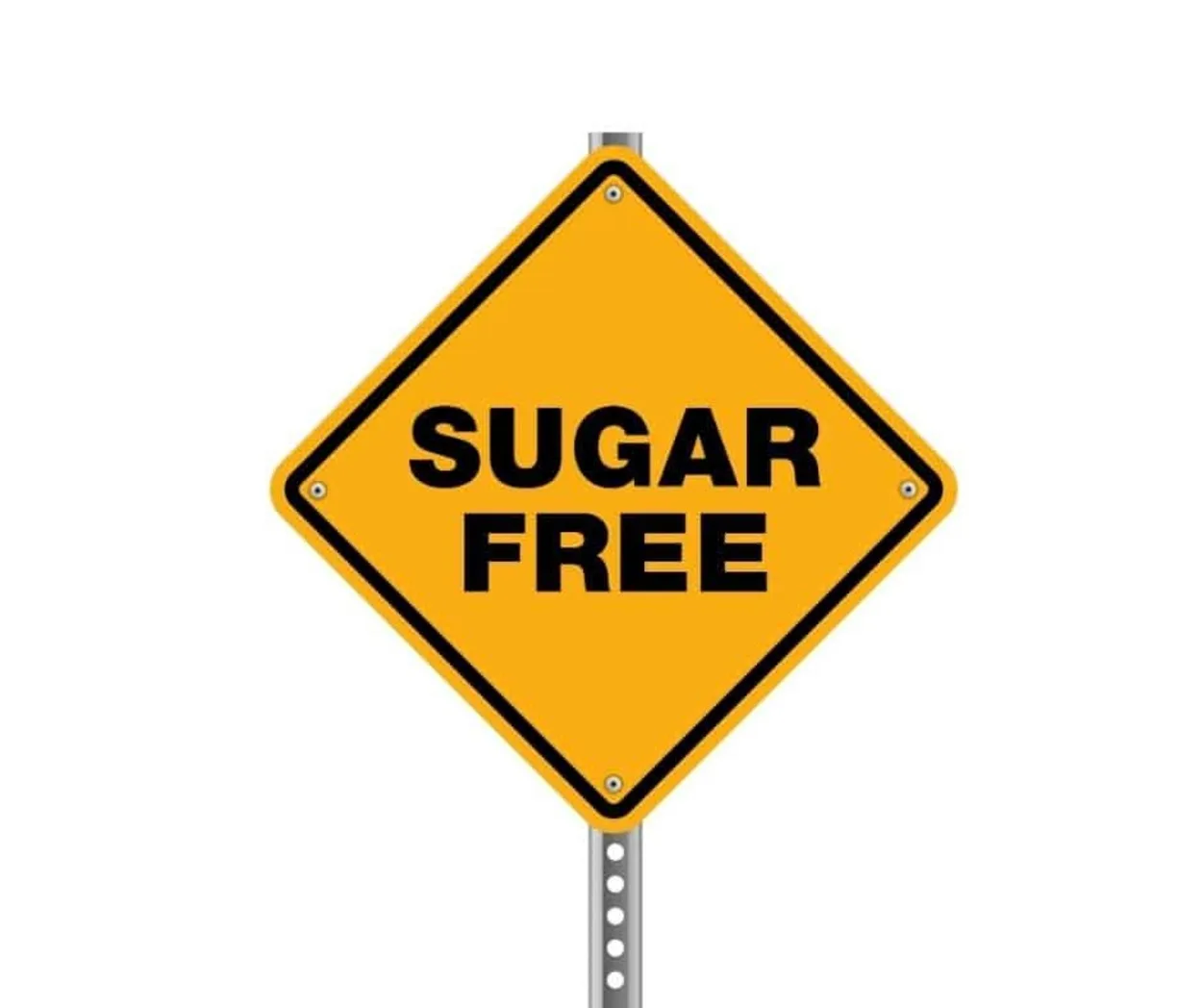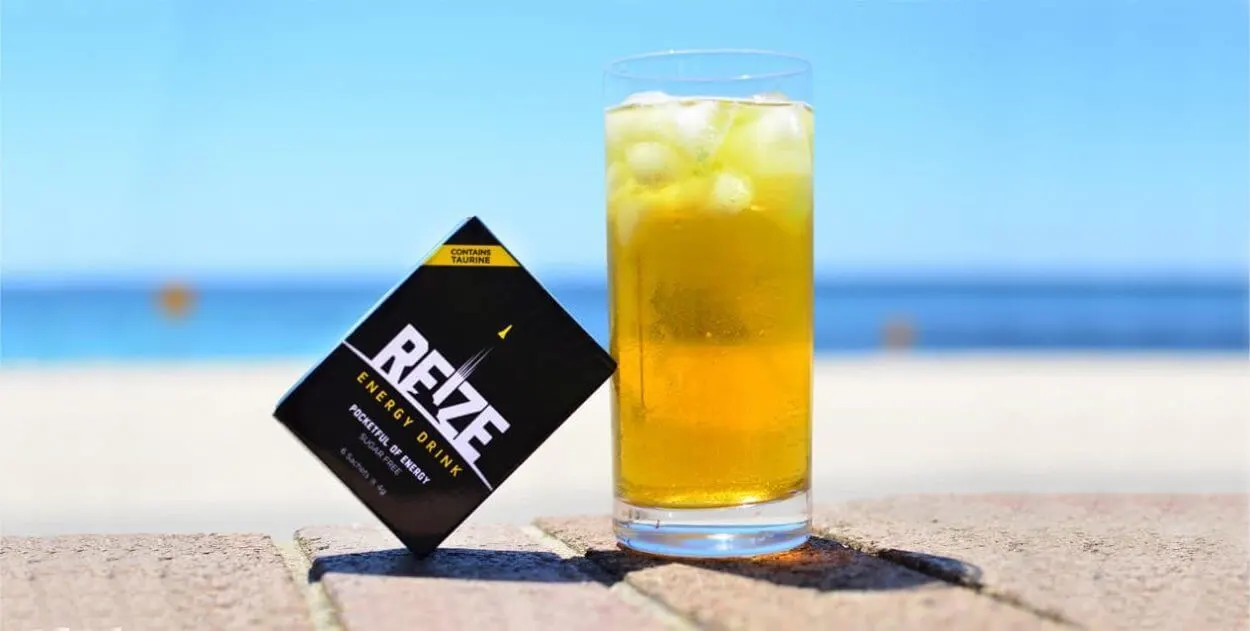Caffeine is generally safe, but too much of anything good is already bad. Although energy drinks are trendy and may provide fast relief to your energy demands, their advantages do not come alone without the possibility of adverse effects.
According to the FDA, if you are an average healthy adult, you should consume no more than 400 mg of caffeine per day. But for those who are under 18, 100mg is the limit. However, the general consensus is that teenagers shouldn’t be consuming caffeinated beverages at all because of the possible side effects.
Hence, I suggest that if you’re still a teenager, you should avoid energy drinks for the time being. Still, nothing wrong with learning more about energy drinks, right?
In this article, I’ll be discussing various low-caffeine and caffeine-free options you can try, and of course, my top picks that you can check out once you hit 18!
Let’s get to it!
Ingredients in Energy Drinks that aren’t Good for Teens
Most of the ingredients in energy drinks are not too teenager- and children-friendly. Namely, their sugar and caffeine contents. But chocolates have them too, and children eat them all the time. Surely there’s a way around this.
The following section will discuss how caffeine and sugar affect your health.
Caffeine
Researchers have shown that adolescents and youngsters are much more susceptible to caffeine than adults. This implies that they will most likely experience the effects of caffeine considerably quicker and stronger. And so, this is where energy drinks become an issue since they often contain excessive quantities of caffeine and sugar per serving.
While some fully grown adults can tolerate caffeine in doses as high as 400mg, amounts as low as 100mg are already sufficient to deliver positive effects. I am speaking from personal experience. I mean, a single shot of espresso contains around 60mg of caffeine already.
For teenagers, the American Academy of Pediatrics recommends a 100mg of caffeine limit. While those that are 11 years old and under, the academy doesn’t recommend caffeine altogether. Unfortunately, there aren’t many energy drinks on the market that have caffeine content at this low concentration.
Teenagers are more sensitive to the positive benefits of caffeine, but they are also twice as susceptible to the draining symptoms that may result from excessive caffeine consumption, such as the following:
- Anxiousness
- Dehydration
- Mood swings
- Fast heartbeat
- Headaches
- Palpitations
Sugar
When it comes to energy drinks, caffeine isn’t the only risk. High amounts of sugar, which are often included in energy drink formulas, have been linked to a wide range of health issues.
In comparison to healthy adults, children and teenagers are considerably more at risk of acquiring diseases such as high blood pressure and being overweight as a consequence of eating substantially more processed sugar and carbohydrates.
That’s why it’s so important, particularly for teenagers, to monitor their sugar intake. Energy drinks are typically ignored by the general population due to the attractive packaging and enormous marketing effort of energy drink producers, so be mindful of what you’re putting into your body.

Low-Caffeine Energy Drinks
While it is recommended that children and teenagers restrict their caffeine consumption, individuals who are presently attempting to deal with withdrawal symptoms or who are just searching for safer alternatives may find this table helpful.
All brands on this list contain moderate levels of caffeine amounting to less than 100 mg per serving, as recommended by professionals. So basically, they are the ones suitable for teenagers who wish to enjoy energy drinks without suffering the effects of caffeine overdose.
| Energy Drinks | Caffeine |
| AMP Energy Sugar-Free | 71 mg |
| Game Fuel Zero Sugar | 72 mg |
| Aspire Energy | 80 mg |
Check out the video below to know more about energy drinks’ side effects on teenagers!
Caffeine-Free Energy Drinks
For those who are looking for energy drinks that don’t have any caffeine, these energy drinks are the ones for you!
Xtend Energy Carbonated
For its branding, Xtend is marketed as an energy drink that promotes muscle repair and development. Also, this is a handy pre-workout that is devoid of stimulants like caffeine and designed to complement your training sessions.
A single 16 fl. oz. can of Xtend Energy Carbonated has zero calories and contains a potent mix of electrolytes and amino acids in a concentrated form. While the variety of tastes is limited, Xtend Energy Carbonated offers four fruit-inspired flavors to select from anytime you become tired with the first, all without caffeine.
Monster Unleaded Energy
Monster Unleaded Energy Drink is the first caffeine-free energy drink from one of the major energy drink companies.
Its can has a matte grey finish, and it is fairly obvious that the beverage is caffeine-free, thanks to the vivid green labeling that states this a couple of times.
Although this drink has no caffeine, it may induce a mild sugar rush due to the high quantity of sugar in it (27g per serving).
Monster deviates a little from their usual energy mix by substituting a different amino acid, L-Arginine, for the caffeine in this product.
Sugar-Free Energy Drinks
Since the previously stated energy drinks may include sugar, here are some alternatives that do not contain even a trace of sugar.

Red Bull (Sugar-Free)
First on the list is the well-known Red Bull but in its sugar-free version. The manufacturer of this energy drink says that it has no sweets, just wings.
Every 8.4 fluid ounce of this drink has five calories, 80 mg of caffeine, taurine, B group vitamins, artificial sweeteners, and Alpine Water. Its artificial sweeteners are Aspartame and Ace-K.
Aside from that, the caffeine content of 80 mg will not cause any dangers or adverse effects. Nevertheless, it is recommended that you drink just one can each day.
Celsius Energy
Celcius is an excellent sugar-free energy drink that may provide you with an extra burst of energy throughout your heavy exercises. If this sounds appealing to you, check it out!
However, you must take note that a single can of Celsius has a massive 200 mg of caffeine and is considered on the high side. Additionally, it has a low sodium content and includes no sugar, aspartame, or artificial flavors, colors, or preservatives, great for you as a teenager! (Not the 200mg of caffeine)
Instead, it contains a lot of different b-vitamins, ascorbic acid, and even root extracts. Definitely, you can have the kick of Celsius and feel it for 3-4 hours, all without the worry of having sugar crashes.
Best Energy Drink
Now, when you come of age, it’s best to start with a low-caffeine energy drink that will give you a solid boost! Let me introduce you to my absolute favorite.
REIZE
REIZE doesn’t have sugar, is low in calories, and is moderately caffeinated. It’s a powdered energy drink in 4g sachets that include just 50 milligrams of caffeine, zero grams of sugar, and 11 calories in each serving.
Even though REIZE has very little caffeine, it can still provide you with the energy boost you need! Not just that, it also has the presence of substances such as ginseng, taurine, and a high concentration of B vitamins in the list of ingredients that add to the energy-boosting effects, and they’re very nutritious.
So what is the best feature of this drink? There are a lot of other options, but REIZE can be shipped directly to your door for just around $1. I don’t think you can find and a better deal than that!
Go and try REIZE now!

Bottomline
The use of caffeinated energy drinks by teenagers should be avoided at all costs, at least until they are mature enough to manage the effects of caffeine in a safe manner. Having said that, even fully grown adults may struggle to control their caffeine addiction and cope with the withdrawal symptoms that result from doing so.
With Red Bull or Monster being the most popular brand among caffeine lovers, teenagers and young people are now taking more caffeine than they should have, according to research.
Additionally, it’s important to note that the limit should be one serving a day, to avoid going over the recommended dosage.

